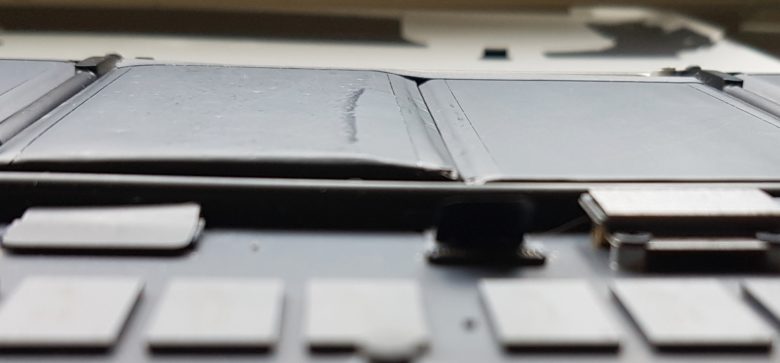 2076
2076
 2018-03-20
2018-03-20

A new type of battery promises 20 percent to 40 percent more storage capacity. Even better, one of the companies behind the research has ties to Apple, so the improved lithium-silicon batteries are likely to show up in iPhone and iPad.
Batteries haven’t improved significantly in more than a decade. That lack of innovation slows progress in mobile devices from iPhones to electric cars.
Every battery requires a positively charged cathode and a negatively charged anode. In current lithium-ion batteries, the anode is made of long-lasting graphite. Using silicon instead would allow the battery to store more power. However, anodes made of this material wear out too quickly at this point.
Sila Nanotechnologies is developing anodes made of a silicon, but with enough graphite mixed in to give them a longer life.
“At Sila we deliver the next generation of battery materials, which enable improved energy storage, require no change to battery manufacturing, and scale economically with mass production,” said Gene Berdichevsky, CEO of Sila Nano in a statement.
This isn’t the only company developing silicon-dominate anodes. Rival Enevate says its offering will improve battery capacity by 30 percent, according to The Wall Street Journal.
The Apple connection
While Sila Nanotechnologies’ lithium-silicon batteries remain in the design and testing phases, the company receives funding from Amperex Technology. While hardly a household name, Amperex supplies batteries for iPhones, iPads and other Apple products.
As Berdichevsky mentioned, one of the advantages of the new silicon anodes is they can replace the graphite ones without a significant impact on the production process. Amperex clearly intends to make batteries with this enhancement within a couple years, and will surely offer them to Apple
Turning down batteries that go far longer between charges isn’t something Apple is likely to do. Samsung also buys batteries from Amperex. And the iPhone-maker surely does not want its products to get left behind. Especially as Apple is involved in a battery-related scandal.
Source: cult of mac